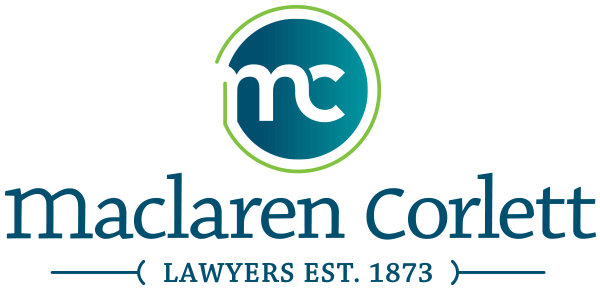So You’ve Been Appointed an Estate Trustee (aka Executor), Now What? – Part 5

Reminder: this series of blog posts assumes the deceased died with a Will. Also, keep in mind that the normal caveat applies: this information only applies to estates administered in Ontario and should be used as a guide only! Speak with a lawyer about your specific situation, as every case is different.
Ok, so you’re administering the estate and keeping an up-to-date and accurate accounting of all the estate funds. The last money-related issue that you need to take care of is the taxes. Before you dive in head first, I would strongly recommend contacting an accountant to assist you through this process. Together with your estates lawyer, an accountant is a valuable asset for any estate trustee.
There are two types of tax returns that you need to be aware of as an estate trustee.
1. Terminal tax return
This is the last, personal tax return of the deceased. It accounts for the deceased’s income from January 1 of the year of his or her death, to his or her date of death. As estate trustee, it is your responsibility to ensure that this is completed and filed in a timely fashion. Any taxes or fees owing are payable by the estate.
2. Estate tax return(s)
From the date of death until the estate is fully distributed and closed, the estate must file a tax return on an annual basis. You have some flexibility when it comes to the estate’s year-end. This, along with filing deadlines, should be discussed further with your accountant and estates lawyer. As estate trustee, it is also your responsibility to ensure that this is completed on an annual basis and that any monies owing are paid by the estate.
When tracking the funds in your the estate accounting, it is important to consider and hold back enough money to pay any taxes or fees that might be owing to the Canada Revenue Agency (CRA), either from the Terminal tax return or the Estate tax return(s). Your accountant can help you make an educated estimate, ensuring that enough funds are held back to cover those costs.
Once you begin winding up the estate, have filed the final return and have received the final notice of assessment, as estate trustee you should apply to the CRA for a Clearance Certificate. This document, provided by the CRA, certifies that there are no more funds owed by the deceased to the CRA. Without this document, the estate trustee can be held liable for any funds owed by the deceased or their estate. For more information, visit the Government of Canada’s Canada Revenue Agency website.
If you’ve completed a number of tax returns and are thinking about a Clearance Certificate, you’re likely nearing the end of your role as estate trustee.
Next time, in the final entry of this series, I will discuss the final steps of closing an estate.




